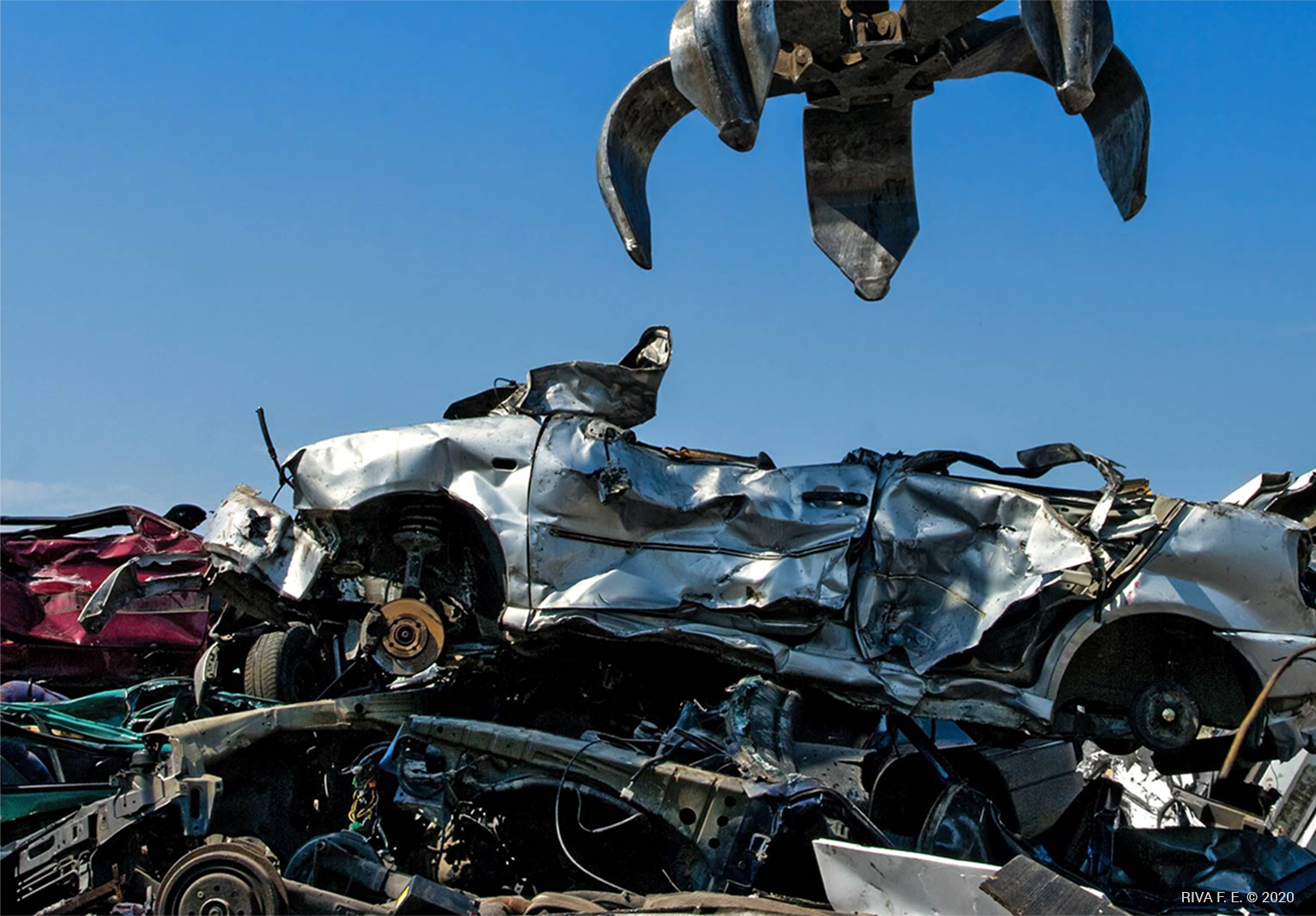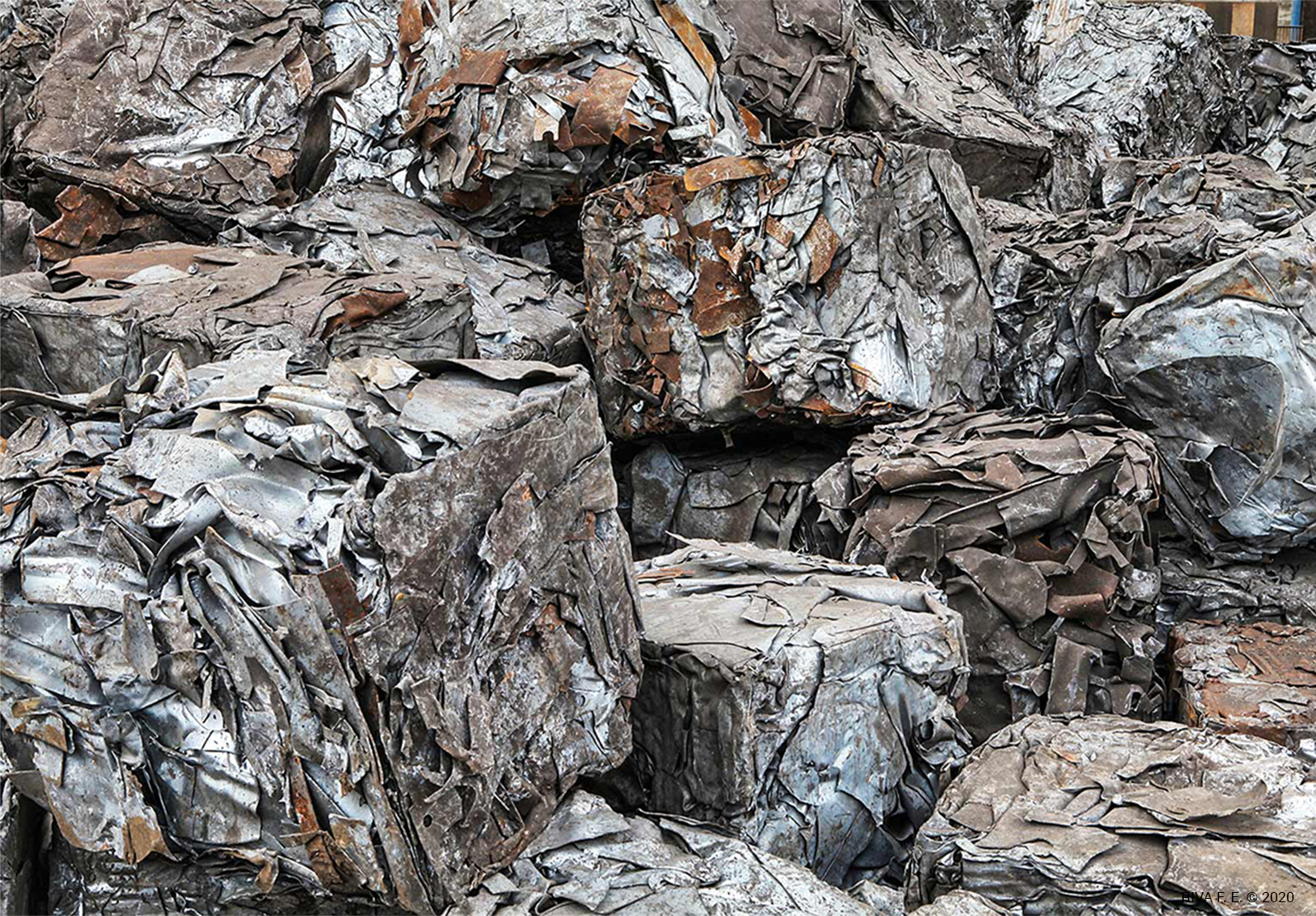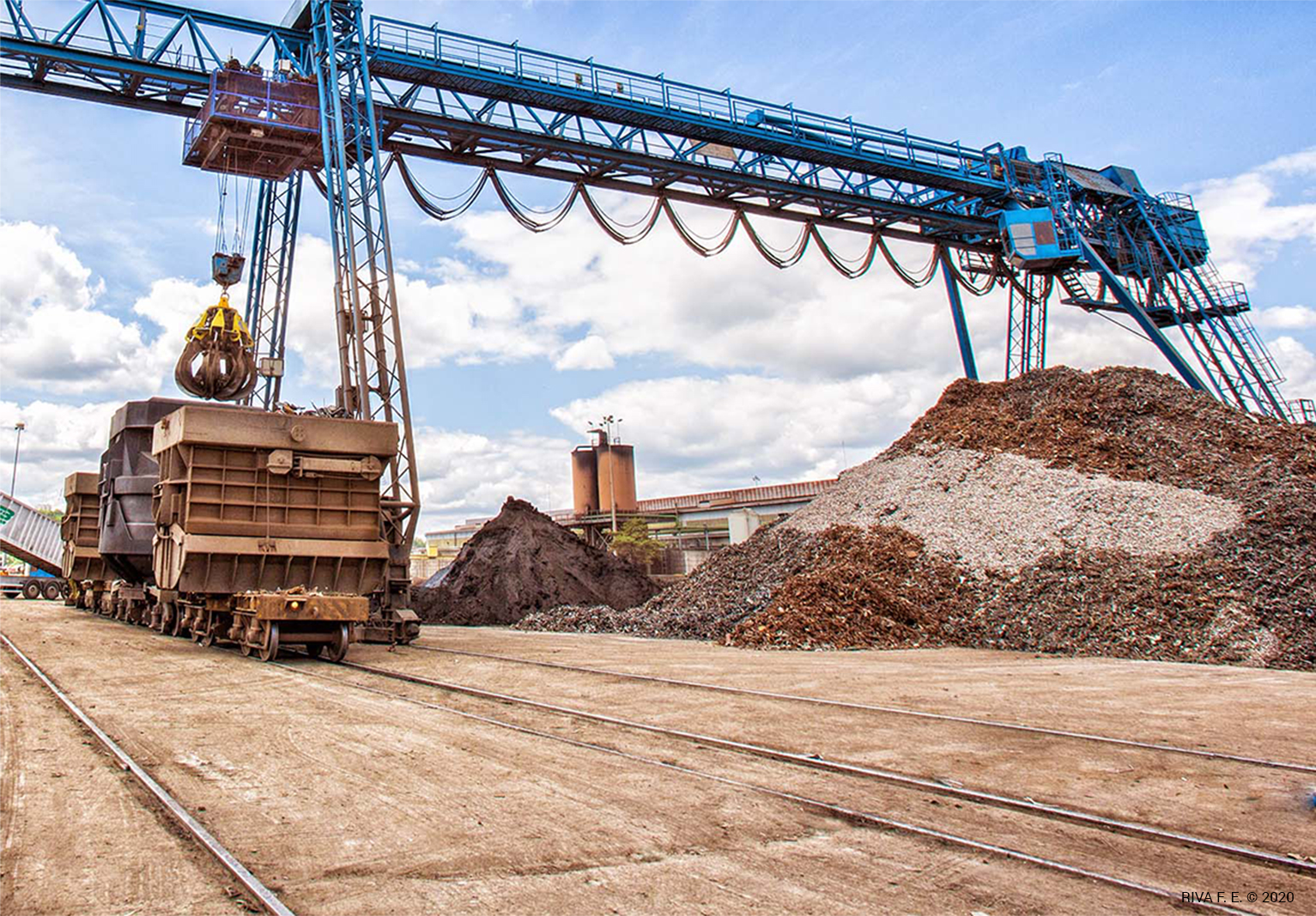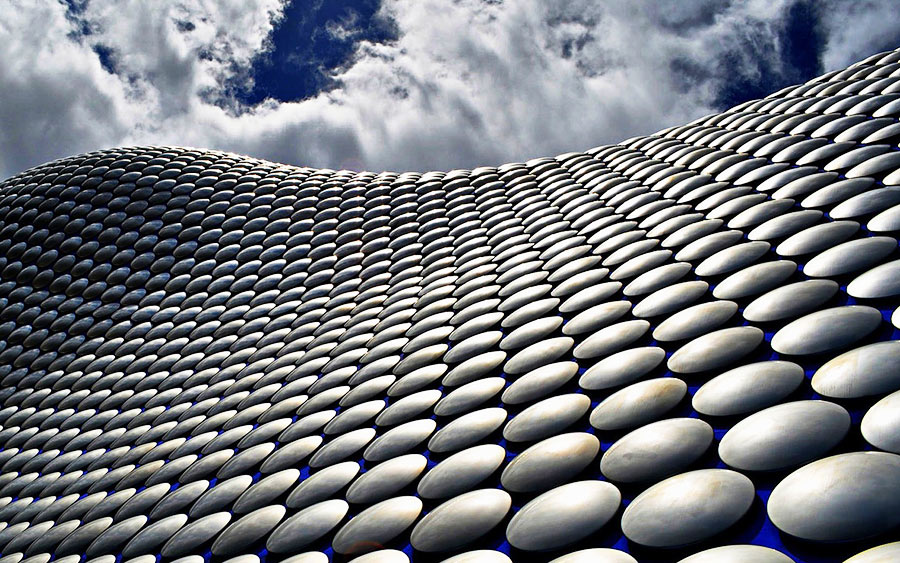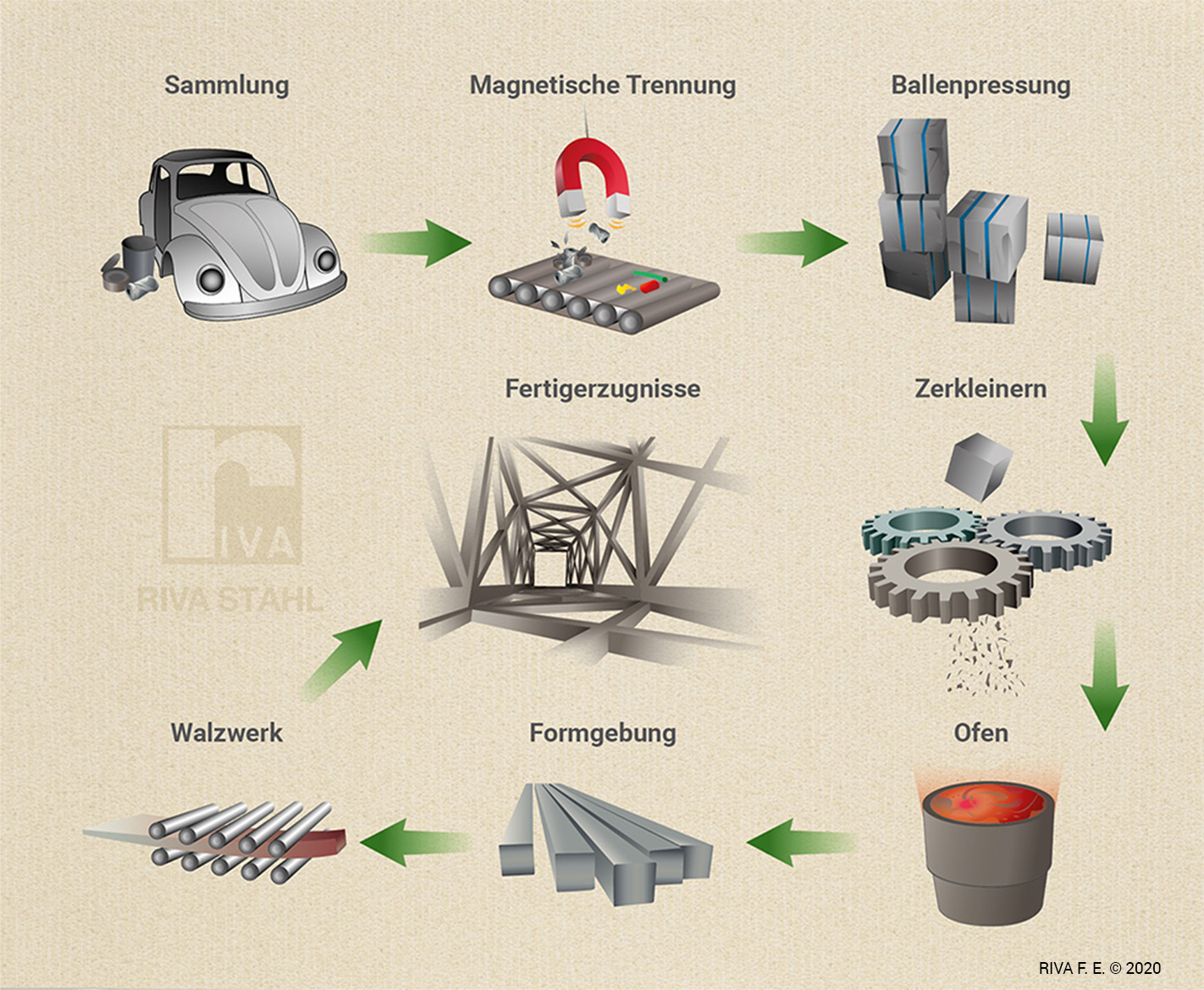
The Riva Group websites use analytical and technical cookies to ensure the correct functioning of the procedures and to improve the user experience of the online applications. Cookies are short text fragments that allow the web server to store information on the user's device to be reused during the same visit to the site (session cookies) or later, even after a few days (persistent cookies). This information is processed so that the Riva Group operators can have an idea of the use of their websites and improve them according to the users' needs. View the full text of the cookie policy by clicking on the following link.
These cookies are indispensable for the correct functioning of the Riva Group websites and are used to manage login and access to the site's reserved functions. The duration of the cookies is strictly limited to the work session (when the browser is closed they are deleted).
These are cookies used to collect and analyse traffic and usage of the site in an anonymous way. Although these cookies do not identify the user, they allow us, for example, to detect whether the same user returns to the site at different times. They also allow us to monitor the system and improve its performance and usability. These cookies can be deactivated without any loss of functionality.
